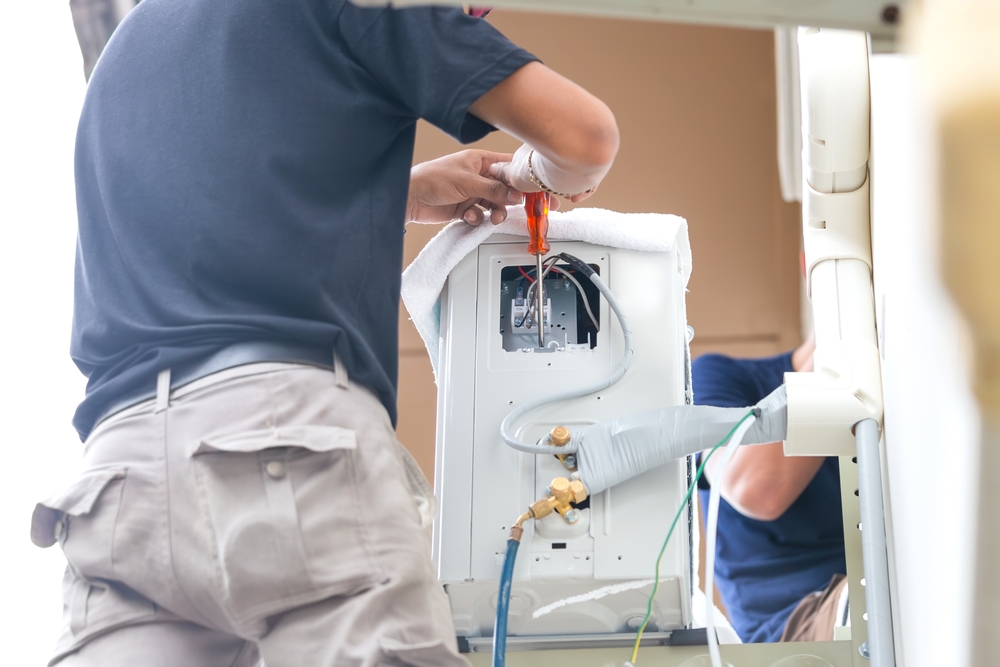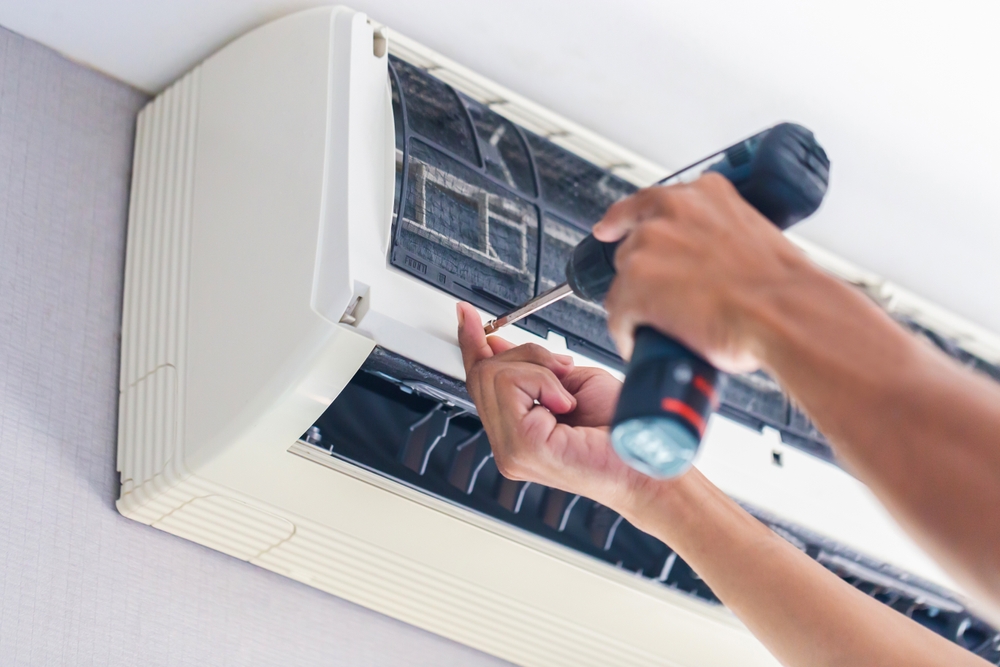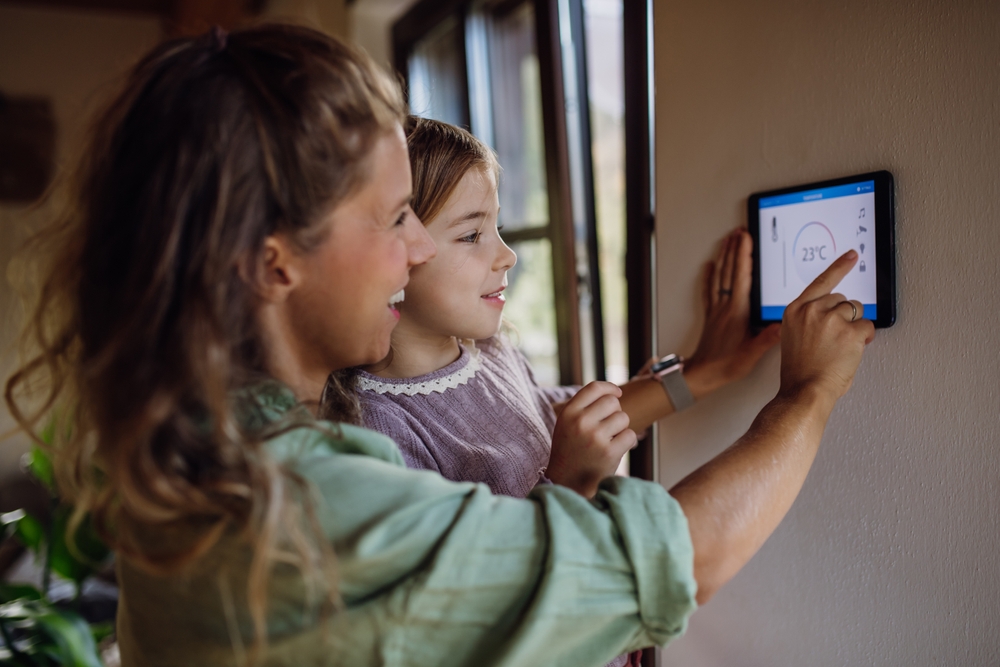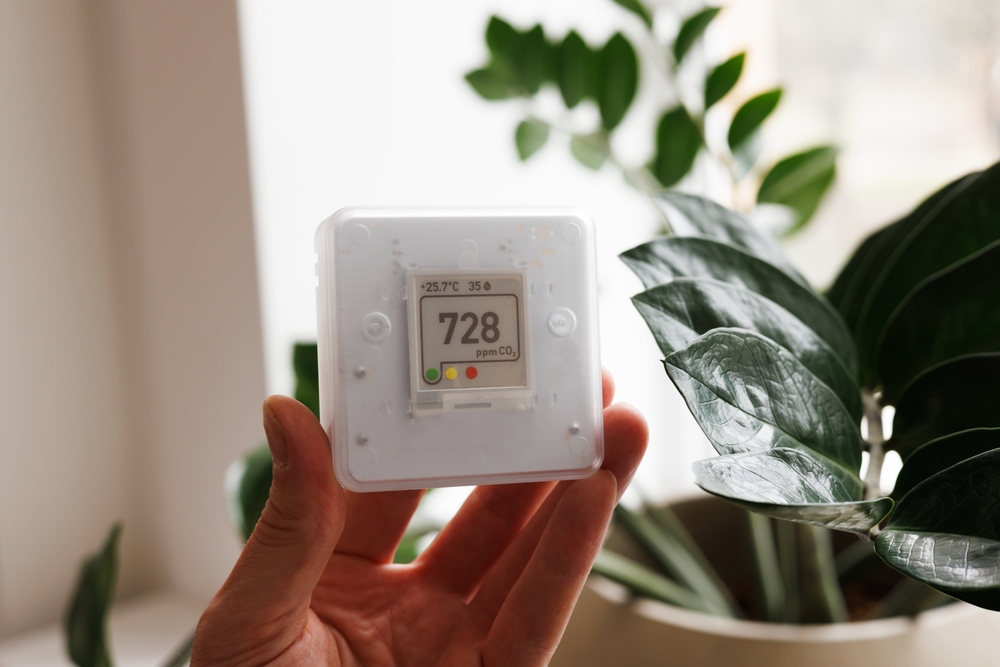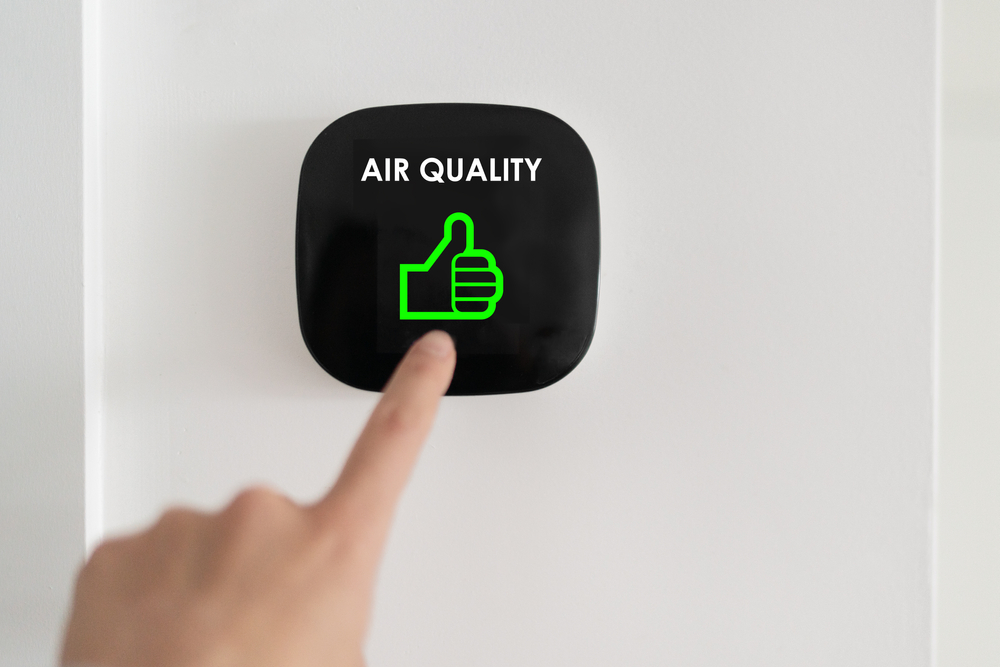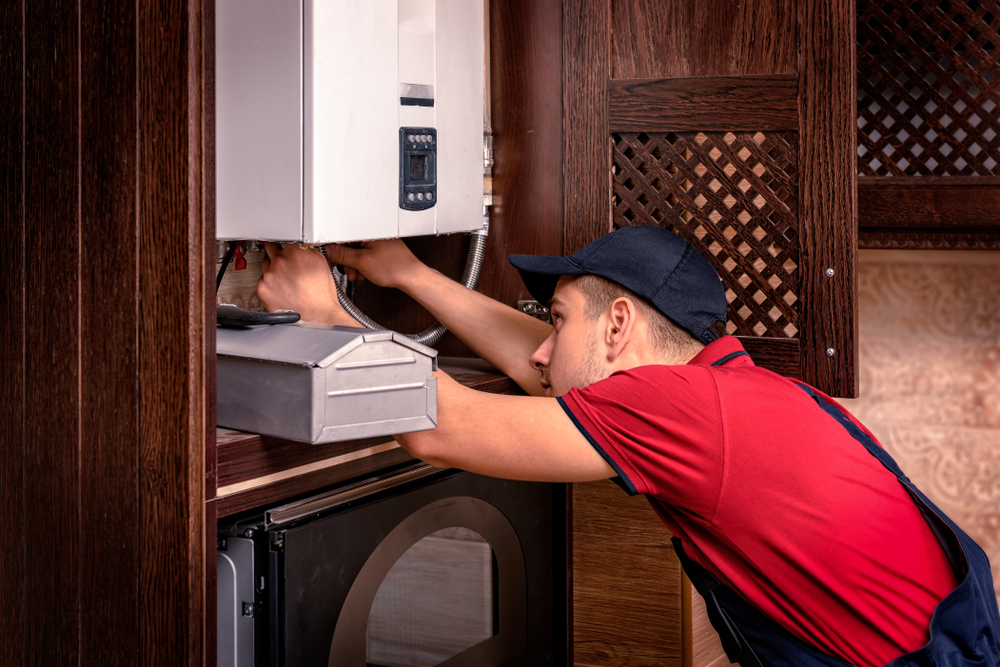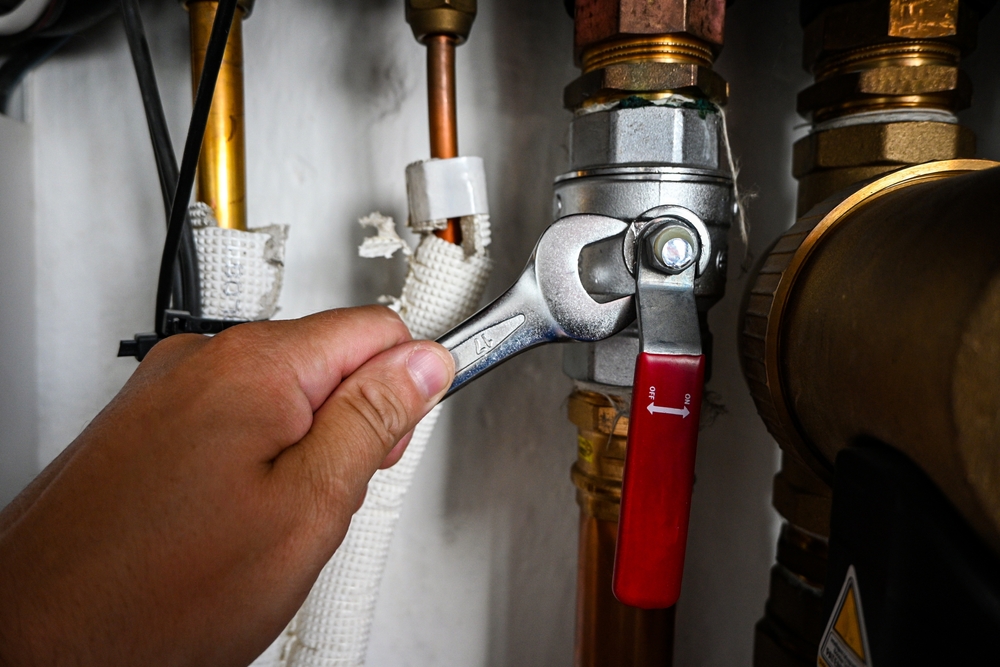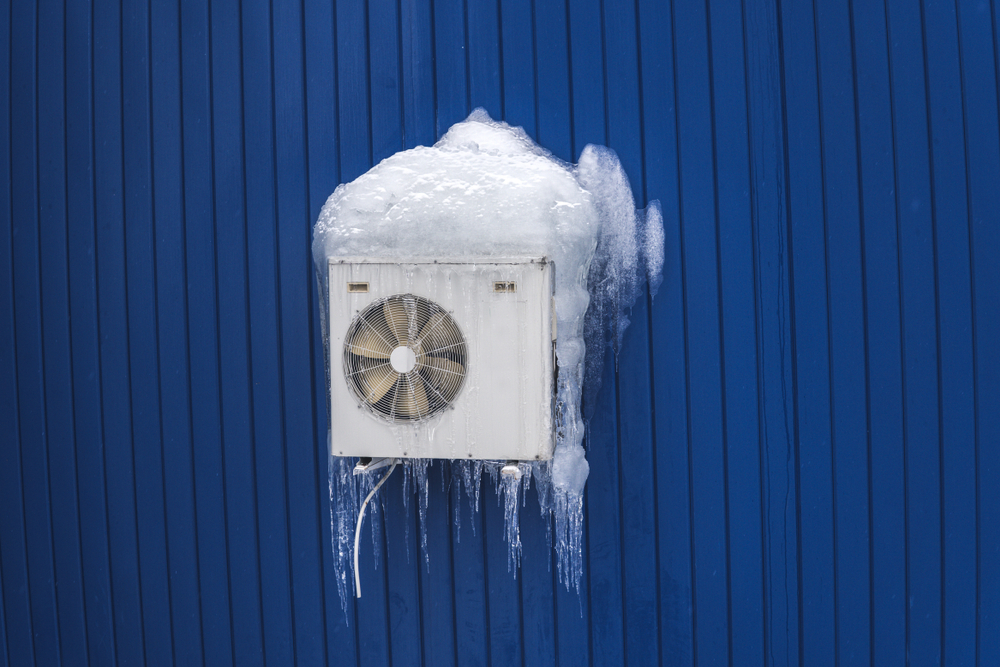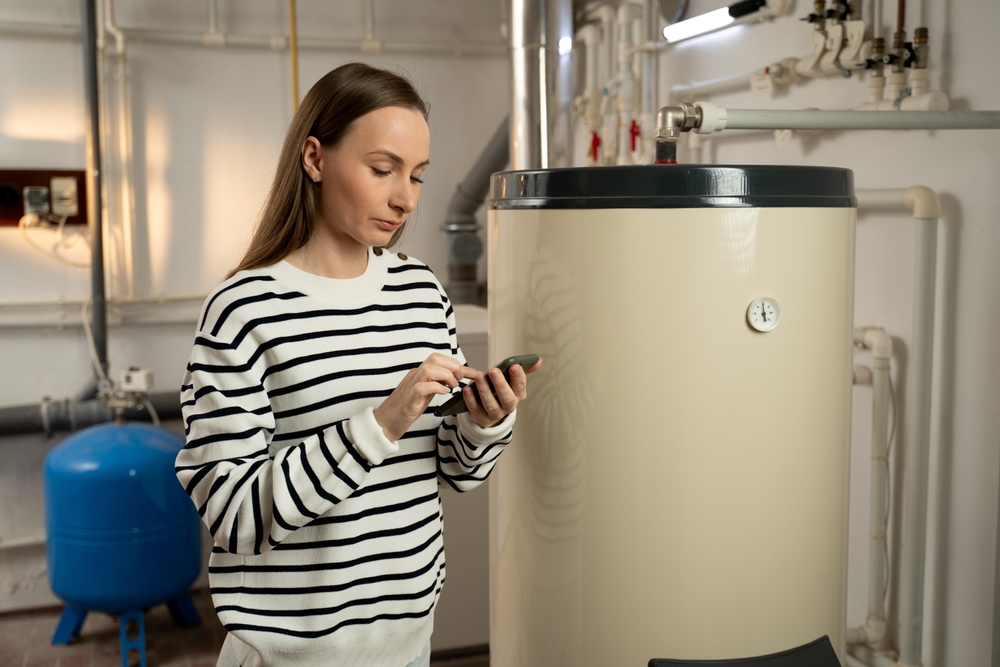As summer peaks and the Mississippi heat pushes HVAC systems to their limits, it’s critical to keep a close eye on your heating and cooling equipment. Whether you’re battling humidity in July or preparing for winter chill, your system is your home’s first line of defense. Recognizing the early signs your AC needs repair or that your furnace is on the brink of failure could save you from major expenses and discomfort down the road. For residents seeking HVAC repair in Yazoo City, MS, timely attention to these symptoms can make all the difference. Here’s what to watch for before your HVAC system decides to call it quits.
Strange Noises and Odd Smells: A Warning You Can Hear and Smell
One of the first and most obvious indicators that your HVAC system needs professional attention is the presence of unusual noises. A properly functioning HVAC system operates quietly. If you begin to hear banging, grinding, squealing, or rattling, it likely signals a mechanical issue. These sounds can stem from anything ranging from a loose part to a failing blower motor. If left unresolved, these seemingly minor issues can cascade into major breakdowns.
Likewise, persistent odd odors emanating from your vents or unit should raise concern. A musty smell may indicate mold growth inside your ducts or air handler, which not only reduces air quality but can also affect your health. Burning or electrical smells could point to wiring problems or overheating components, posing a potential fire hazard. In either case, prompt HVAC repair is essential. If you’re located in Yazoo City, MS, and detect these warning signs, searching for “HVAC services near me” might be your next best move.
Reduced Airflow and Inconsistent Temperatures
Another red flag that your system may be underperforming is poor airflow. If certain rooms in your home remain too hot while others are too cold, or if airflow from vents is weak, your HVAC system could be struggling to distribute air evenly. This symptom might be tied to a clogged air filter, a failing blower motor, or issues with your ductwork.
In Yazoo City, where both summers and winters can be extreme, reduced airflow can quickly lead to discomfort. It also forces your HVAC system to work harder than necessary, increasing your utility bills and accelerating wear and tear. You might notice that your system cycles more frequently or runs constantly without reaching the desired temperature. If these symptoms persist, it’s a sure sign your AC needs repair or that your furnace may be close to a breakdown.
Rising Energy Bills Without Increased Usage
A spike in your monthly energy bill without a corresponding increase in system use should be cause for concern. Older systems naturally lose efficiency over time, but sudden jumps in energy usage could signal a malfunction. Problems such as dirty coils, refrigerant leaks, or failing thermostats force your HVAC unit to work harder to achieve the same results, which directly impacts your energy consumption.
In Yazoo City, MS, where heating and cooling are necessary for much of the year, these spikes can add up quickly. Not only does this strain your budget, but it also indicates your system is on an unsustainable path. Performing timely HVAC repair or maintenance can reverse some of these issues, extend your system’s life, and bring your energy costs back under control. If you’ve been Googling “HVAC services near me,” it’s probably time to act.
Excessive Humidity or Dust in Your Home
Your HVAC system does more than just heat and cool — it also regulates indoor humidity and filters airborne contaminants. If you notice an uptick in dust around your home or start to experience excessive indoor humidity, it could point to failing components within your system. This is especially problematic in humid regions like Yazoo City, MS, where unchecked humidity can lead to mold, mildew, and even structural damage.
Dust accumulation could be a sign that your system’s air filter is full, the ducts are leaking, or the filtration system isn’t working correctly. In either case, these symptoms often signal a need for professional HVAC repair. Additionally, if your furnace is contributing to dry air during winter months, you may need furnace repair in Yazoo City to restore optimal indoor comfort. These environmental imbalances are more than just annoyances — they often indicate deeper systemic problems that should not be ignored.
System Age and Frequent Repairs: When It’s Time to Say Goodbye
Even the best HVAC systems don’t last forever. If your system is more than 10-15 years old and has required multiple repairs in the last year or two, it might be time to consider a replacement. Older systems not only lack the energy efficiency of newer models, but they also present a higher risk of catastrophic failure — usually at the worst possible time.
Frequent repairs are a strong indicator that your system is reaching the end of its life cycle. Whether it’s a refrigerant leak in the summer or a failing ignition switch in winter, these recurring problems are more than inconvenient — they’re a warning. Particularly for those relying on furnace repair in Yazoo City during colder months, keeping an aging unit limping along can be a risky proposition. Investing in a new, high-efficiency HVAC system may seem costly upfront but can save you thousands in the long run.
If you find yourself constantly calling for service or typing “HVAC services near me” into your search bar, it’s time to evaluate whether a new system would better serve your home. Professional technicians can help assess whether repair or replacement makes the most sense based on the age and condition of your current equipment.
Conclusion
Keeping your HVAC system in top condition is more than a matter of convenience — it’s essential to your comfort, safety, and financial well-being. From odd noises to rising energy bills, each warning sign is your system’s way of telling you something’s wrong. And in Yazoo City, MS, where seasonal extremes are the norm, delaying HVAC repair can quickly escalate into a crisis.
Don’t wait until your air conditioning fails in the middle of a sweltering summer, or your furnace shuts down during a winter storm. Pay attention to these top signs your AC needs repair or your heating system is on the verge of failure. Prompt action today can prevent a complete system breakdown tomorrow. And when you do need help, make sure you’re working with a trusted provider by searching for “HVAC services near me” to find local experts who can get the job done right.
Need a HVAC Company in Yazoo City, MS?
Here at Comfort Specialist LLC, we take pride in being your go-to experts for heating and air conditioning repair and installation in the Yazoo City area. With over 30 years of experience serving Brandon, Madison, and beyond, we’ve built our reputation on delivering quality, reliability, and unbeatable customer care. Whether you need routine maintenance, emergency repairs, or a complete HVAC upgrade, our dedicated team is here to keep your home comfortable year-round. Don’t wait to ensure your heating and cooling systems are at their best—give us a call today and experience the comfort you deserve!

